The Contribution of Women Scientists from Central Africa in the fight against COVID-19
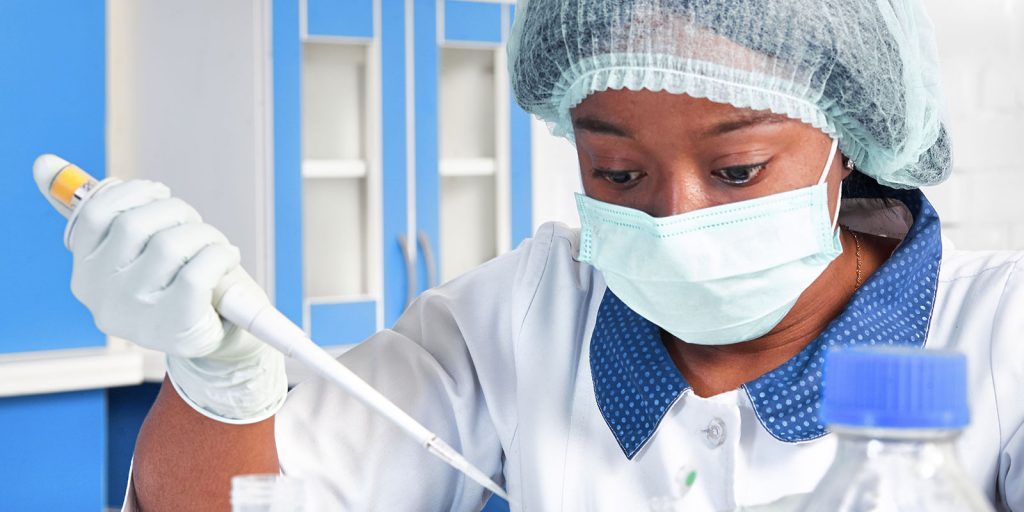
The celebration of the International Day of Girls and Women in Science, on 11 February 2021, as well as the International Day of the Rights of Women on 8 March 2021 gave me the opportunity to pay a resounding tribute to and reflect on the many contributions of women scientists from Central Africa in the fight against COVID -19, which are largely unrecognised. Since the start of 2020, the world has been confronted with the COVID-19 pandemic, which is wreaking havoc among the populations of the entire world. While Africa and our sub-region in particular remains relatively less affected than other parts of the world, its effects remain to be feared, especially since the best prepared health systems in the world seem relatively powerless in the face of the pandemic.
No time to waste: Women must be at the core of the COVID-19 responses
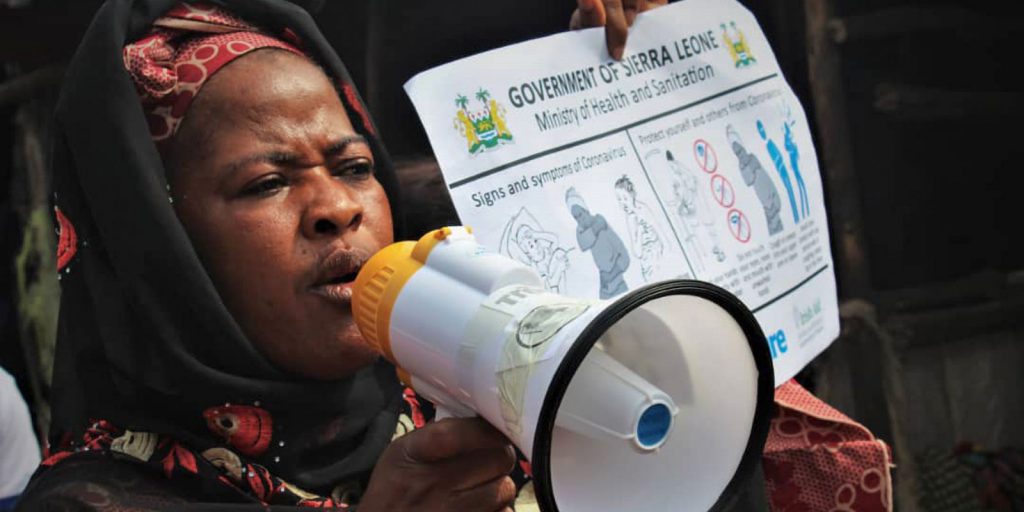
Tomorrow, 11 March 2021, marks a year since the World Health Organization (WHO) declared the novel coronavirus (COVID-19) outbreak a pandemic. A year ago, the world as we know it and our daily routines were disrupted to an unprecedented extent overnight. In an effort to curb the spread, governments across the world put in place lockdowns, quarantine measures, stay-in-place orders, closed workplaces and education institutions. Almost immediately, it became very clear that although the pandemic was a great equalizer in the sense that no one was immune to the virus, it was also a great destabilizer of many socio-economic and development trajectories and social justice agenda, least of all: our mission for gender equality. In many ways, the pandemic has exposed so many of our shortcomings in our quest for a fairer and more equitable world.
COVID-19 Conflict & Resilience Monitor – 3 March 2021
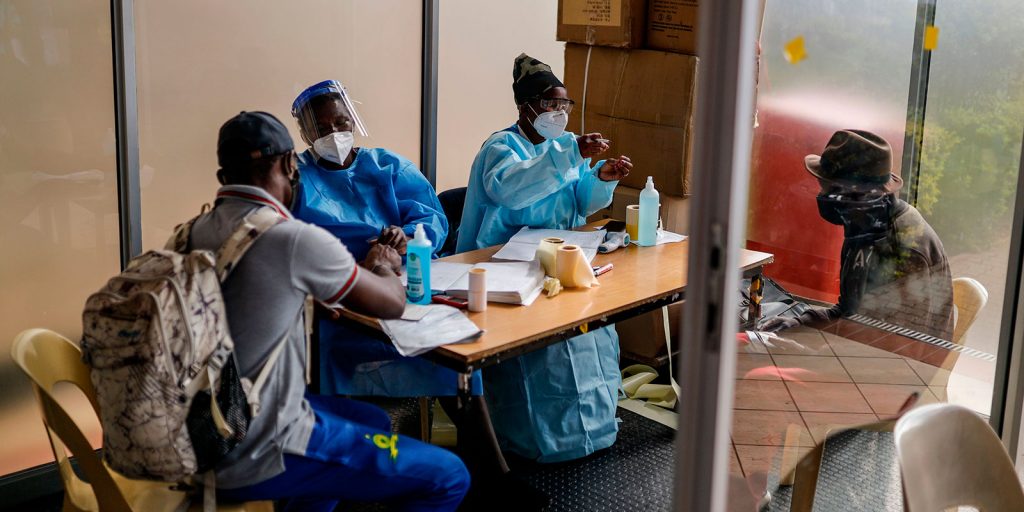
During the COVID-19 crisis ACCORD’s analysis will be focused on the impact of the pandemic on conflict and resilience in Africa.
The Impact of COVID-19: The Conundrum of South Africa’s Socio-Economic Landscape
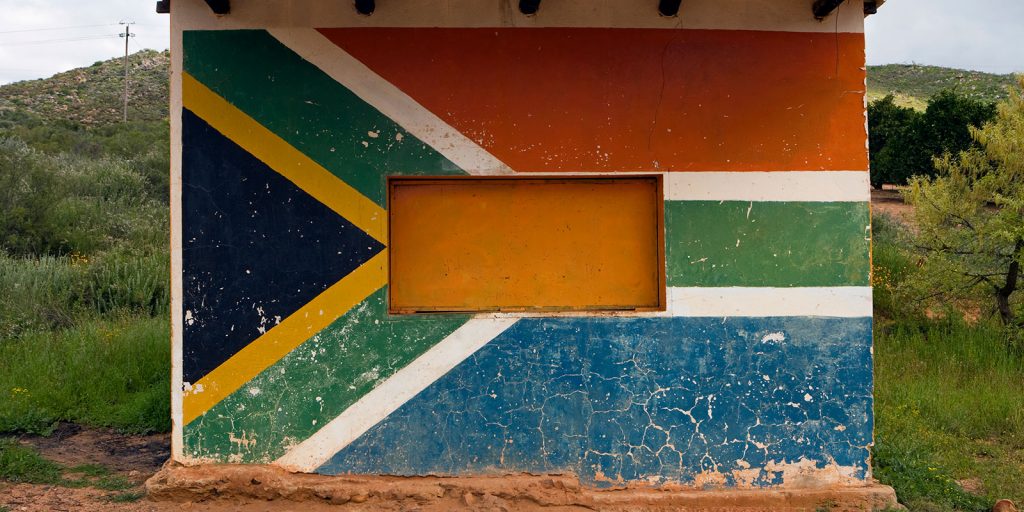
Like all countries caught in the first wave of the COVID-19 Pandemic, the Ramaphosa government has had to take some tough decisions: ease into a hard lock-down regulation or take a softer but cautious approach. South Africa was quick out of the starting blocks opting for a hard lockdown that imposed strict curfew restrictions that only allowed certain essential sectors to operate, forced small and medium businesses to endure greater strain on their operations, limited social gatherings and urged social distancing and mask wearing as part of the personal protective measures. The harshest impact was on the alcohol and tobacco industries that saw the sale of these products being banned.
COVID-19 stresses Intra-SADC Trade
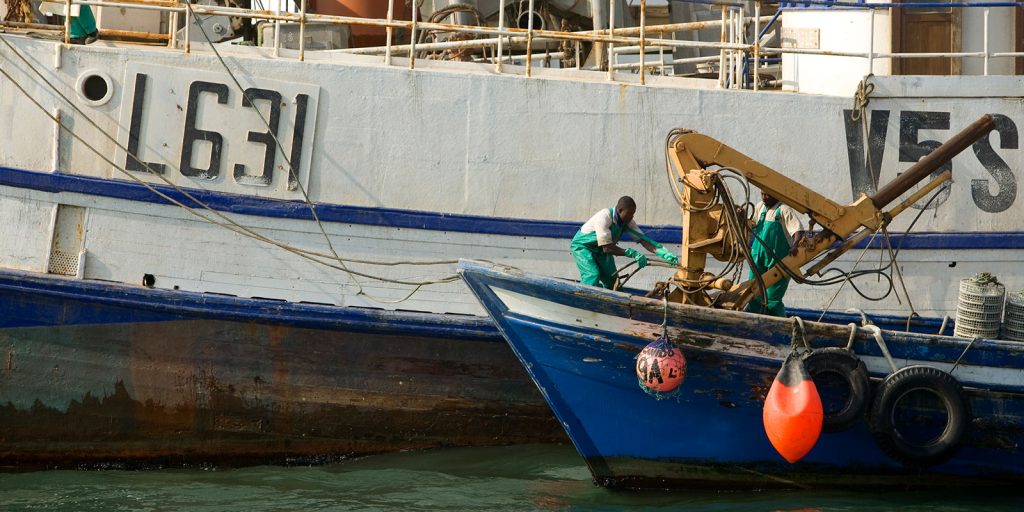
Intra-Southern African Development Community (SADC) exports and imports as a proportion of overall trade of the region rose from 15.2% and 17.5% to 19.5% and 19.15% respectively between 2008 and 2018. In their virtual meeting held in March 2020, the SADC Council of Ministers (SCM) observed that less than 20% of intra-SADC trade prevents member States from realising their economic potential. Thus, the above marginal intra-regional trade, firstly, reflects low industrialisation, evidenced by a slight increase in the manufacturing sector’s contribution to gross domestic product (GDP) from an average of 10.3% in 2013 to 11.9% in 2018. Secondly, this reflects lack of diversifying member States’ economic structures from agriculture and mining sectors, which in 2018, accounted for an average of over 25% of GDP. While in particular, South Africa, the largest and most diversified economy, has high capabilities of dominating intra-SADC trade.
Impact of COVID-19 on Economic, Social and State-citizens’ relations in the SADC Region
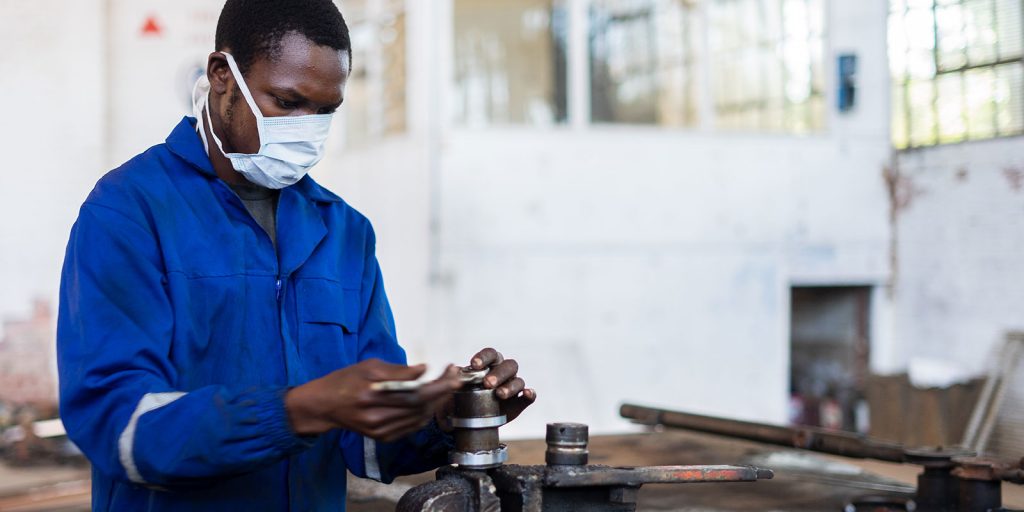
In the Southern African Development Community (SADC) Region, the pandemic has widened inequalities within, and between Member States. Labour-intensive service sectors such as retail trade, restaurants and hospitality, sports and recreation and transportation have been severely affected by measures to contain the pandemic. Activity within labour-intensive sectors are expected to remain subdued in the short to medium term. The low-skilled, low-wage workers in both formal and informal sectors are least able to withstand an economic shock. A full recovery in the labour market may take a while, worsening income inequalities and increasing poverty.
COVID-19’s second wave deepens Southern Africa’s rate of poverty and unemployment
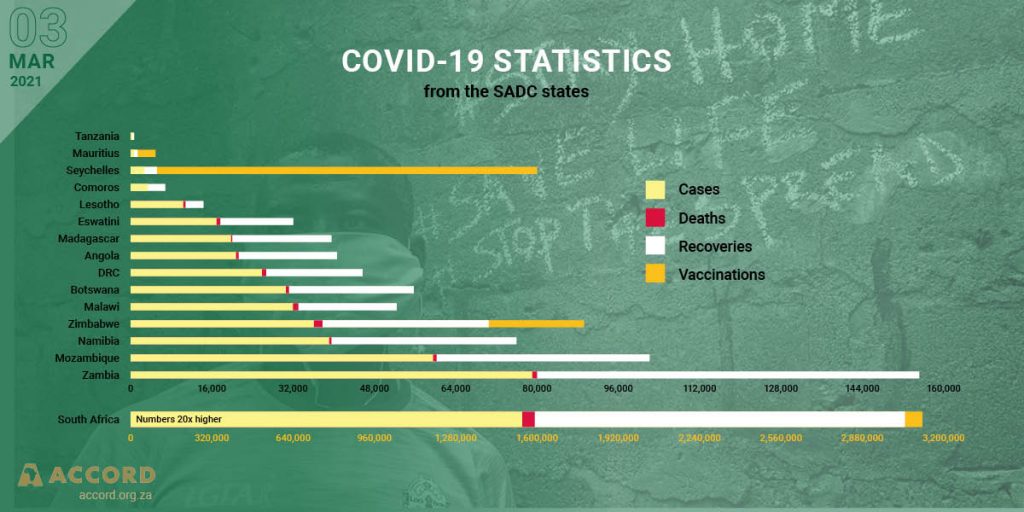
The COVID-19 pandemic exposed fragilities and fault lines in many African countries, particularly their health systems and economic vulnerabilities. In spite of varying degrees of development on the African continent, the impact of the virus has taken its toll on the social, economic and political fibres in most African societies. While the pandemic did not exacerbate security challenges as earlier anticipated initially; and the continent was able to manage its rate of infection at the onset of the pandemic; the second wave of the virus resulted in a reversion of some restrictions as previously enforced in the first wave of the virus, causing a threat to livelihoods, as well as a trust deficit between the state and citizens, particularly in South Africa and Zimbabwe.
COVID-19 Conflict & Resilience Monitor – 24 February 2021
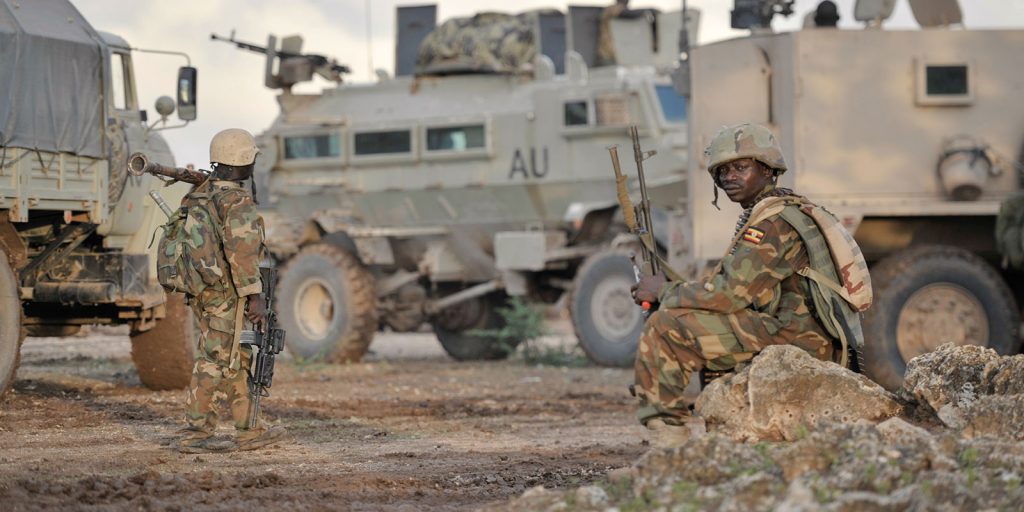
During the COVID-19 crisis ACCORD’s analysis will be focused on the impact of the pandemic on conflict and resilience in Africa.
An African Union Summit held in the midst of COVID-19 pandemic and against growing tensions in parts of the continent
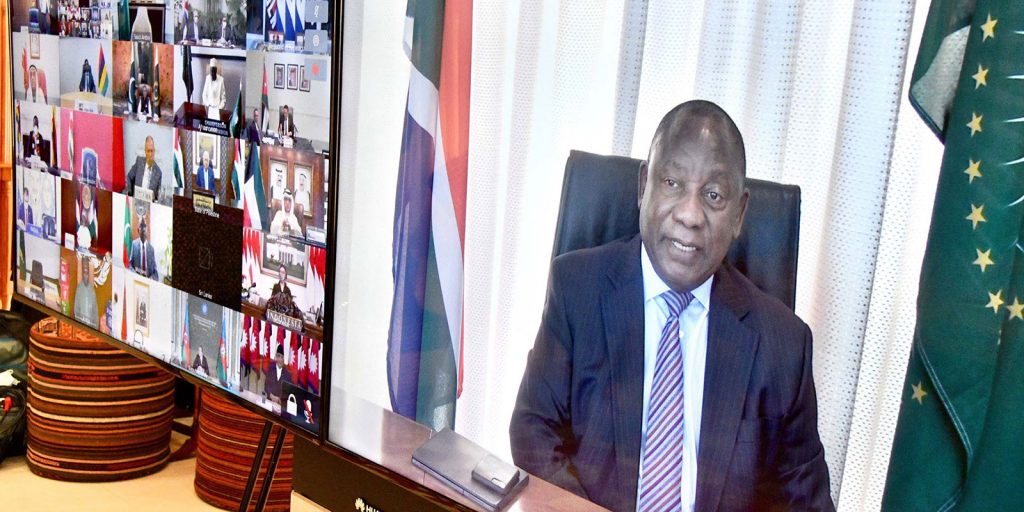
The 34th Ordinary Session of the African Union (AU) Assembly of Heads of State and Government was held virtually due to COVID-19 pandemic from the 6th-7th February 2021. The Summit focussed on Africa’s response to the COVID-19 Pandemic; progress in the AU institutional reform and the election of a new Bureau for the AU Commission.
Security in Somalia beyond 2021 – the future role of AMISOM and the international community
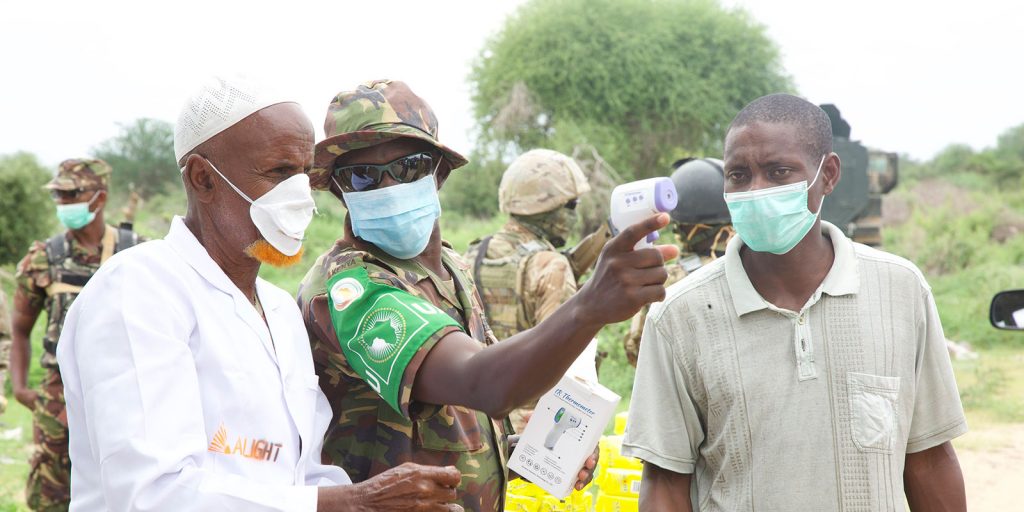
The African Union (AU) mission in Somalia (AMISOM) has been deployed in Somalia since 2007 and has significantly improved the security situation in Somalia. The main insurgency group, Al-Shabaab, is still present in most areas of Somalia. The postponed elections have created increased political tension and confrontations between the security forces and opposition supporters. The deterioration in the political situation constitutes a direct threat to the gains made since 2007. This takes place against the backdrop of COVID-19, which in recent weeks, has caused a rise in positive cases thereby exacerbating an increasingly difficult humanitarian crisis.
